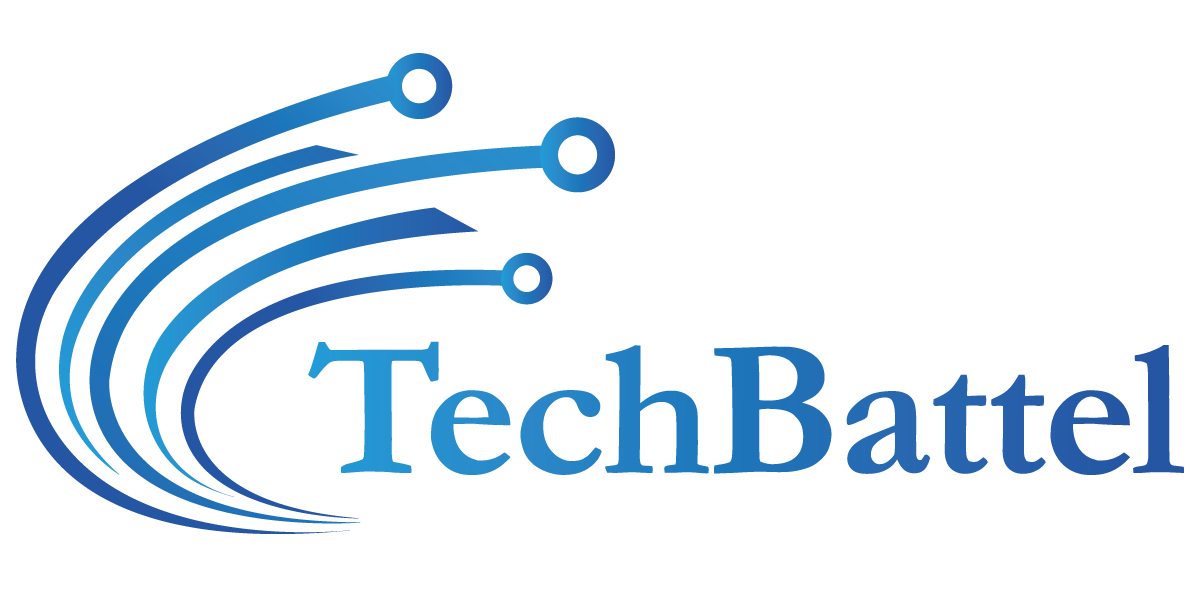In the 21st century, education has undergone a drastic transformation driven by technological advancements. The traditional classroom setup has evolved into a dynamic digital landscape, redefining the learning experience for students and educators alike. This transformation is largely attributed to the origin of digital classes and Learning Management Systems (LMS) for schools, revolutionising the way knowledge is imparted and obtained.
Digital Classes: Reshaping Education
Digital classes have emerged as the cornerstone of modern education. By leveraging technology, educators can surpass geographical barriers and bring high-quality education directly to students’ fingertips. Integrating multimedia resources, interactive learning tools, and real-time collaboration platforms has ushered in an era of immersive and engaging learning experiences.
One of the key advantages of digital classes is their accessibility. Students now have the flexibility to access educational content anytime, anywhere, encouraging a culture of self-paced learning. Whether it’s revisiting a lecture, exploring supplementary materials, or participating in discussions, the versatility of digital class accommodates diverse learning styles and preferences.
Moreover, the gamification of learning through digital classes has captivated students’ interest and enhanced their retention of complex concepts. Interactive quizzes, educational games, and simulations make learning enjoyable and promote active participation and critical thinking skills among students.
Digital Classrooms: A Nexus of Innovation
The concept of a digital classroom transcends the boundaries of a physical space, creating a virtual environment that encourages collaboration, creativity, and knowledge-sharing. Educators can orchestrate an immersive learning journey for their students by integrating smart boards, video conferencing tools, and cloud-based resources.
The digital classroom encourages personalised learning experiences tailored to individual student needs. Adaptive learning platforms powered by artificial intelligence analyse students’ strengths and weaknesses, offering customised learning paths and targeted interventions to maximise learning outcomes.
Furthermore, the digital classroom nurtures a global perspective by facilitating cultural exchange and collaboration among students from diverse backgrounds. Virtual exchange programmes and collaborative projects enable students to broaden their horizons, develop empathy, and gain a deeper understanding of global issues.
LMS for Schools: Empowering Educators
A powerful Learning Management System (LMS) is the backbone of digital education, empowering educators with tools to simplify administrative tasks, manage curriculum, and monitor student progress effectively. These systems provide a centralised platform for curriculum delivery, assessment creation, and grading, freeing educators’ time to focus on delivering high-quality instruction.
With features like real-time analytics and reporting, LMS for schools offers valuable insights into students’ learning patterns and performance metrics. Educators can identify areas for improvement, track student engagement, and implement targeted interventions to ensure every student receives adequate support.
Additionally, LMS platforms facilitate seamless communication and collaboration between educators, students, and parents. Instant messaging, discussion forums, and notification systems bridge the gap between the classroom and home, cultivating a collaborative learning ecosystem.
Embracing the Future of Education
Integrating digital class, digital classrooms, and LMS for schools represents a significant change in education. However, to utilise the full potential of these technological innovations, educational institutions need to embrace a forward-thinking approach and invest in strong infrastructure, professional development for educators, and student digital literacy programmes. As we steer through an increasingly digital world, the role of technology in education will continue to evolve, offering endless possibilities to enhance the learning experience. Embracing this transformation is not merely an option but a necessity to equip students with the skills and competencies required to thrive in a rapidly changing global landscape.
Conclusion
In the ever-evolving landscape of education, the amalgamation of digital classes, digital classrooms, and LMS has undeniably reshaped the fabric of learning.
Digital class stands as the epitome of this transformative journey. By harnessing the power of technology, educators have reimagined the pedagogical approach, making education more accessible and engaging than ever before.
Furthermore, the start of the digital classroom has transcended the limitations of traditional physical spaces. It has evolved into a dynamic nexus of innovation, fostering a culture of collaboration, creativity, and global connectivity.
The pivotal role played by Learning Management Systems (LMS) cannot be overstated. These systems empower educators by simplifying administrative tasks, providing insightful analytics, and enabling seamless stakeholder communication.
The power of digital classes and Learning Management Systems in modern schools isn’t just about revolutionising education; it’s about empowering individuals and shaping a future where learning knows no bounds, where knowledge becomes a beacon guiding us toward greater understanding, opportunity, and progress.

